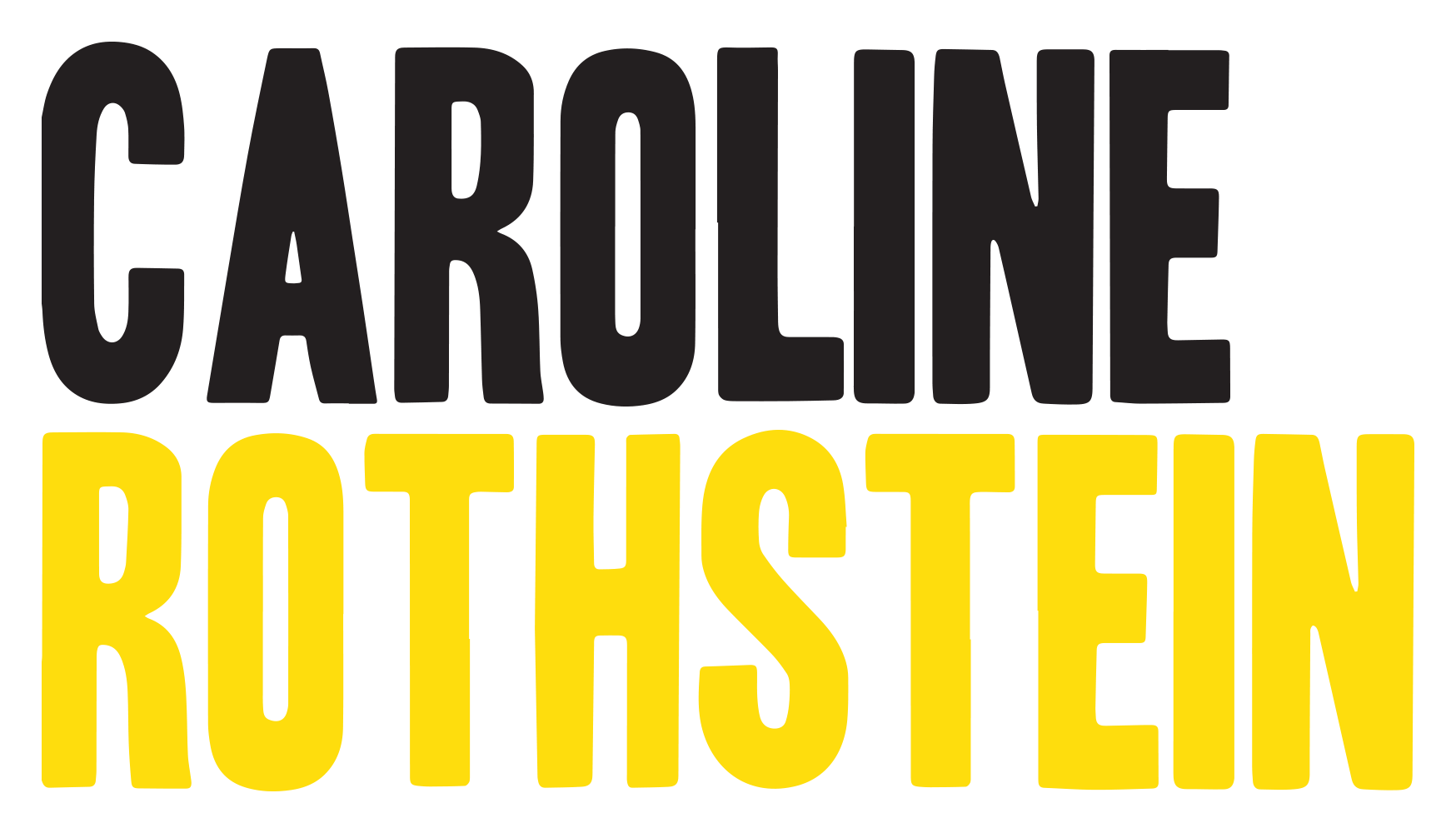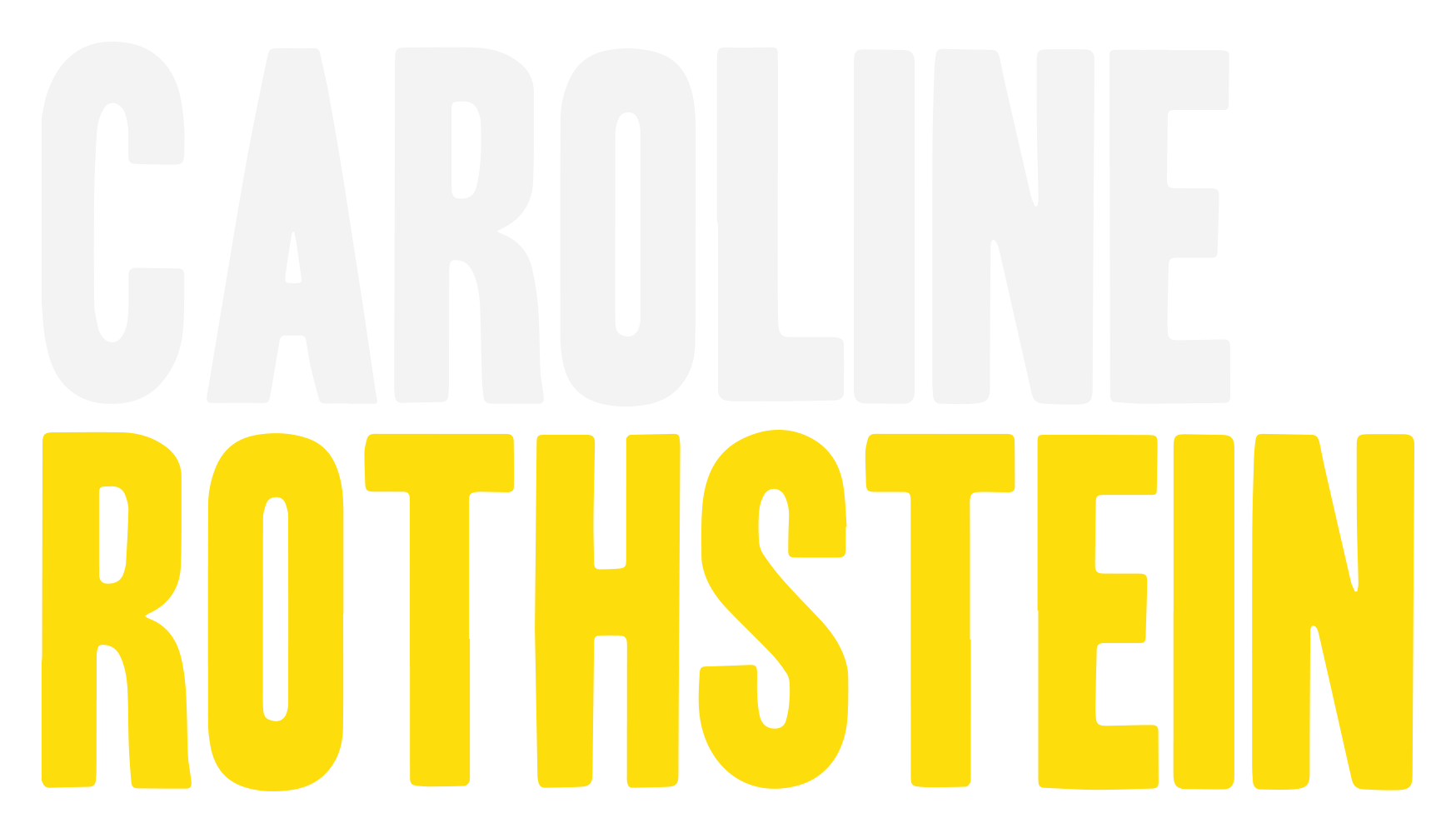Until last March, I could have counted on one—maybe two—hands how many times I’d left dishes in the sink for a sustained amount or length of time—especially since living alone in my current studio apartment for the past seven years without any friends or roommates, or a partner, or any family members for the first time in my life. I just don’t. Leave dishes. In the sink.
I love doing dishes. I love the water trickling over my hands. I love amassing the plates and glasses and silverware and pots and pans with sponges and kissing suds. I love the meditative experience of making something pristine, putting it in the drying rack, leaving it to shift.
I haven’t taken much time to stop and pause and contemplate what shifted in the past 10 months that ushered me to ease the fuck up. Or is that actually it? Is it, in fact, an easing the fuck up of my perfectionistic ways? Or is it about becoming more apathetic to the need to make clean?
Or is it something else entirely? Am I prioritizing something other than the dishes? Am I making space for other things that I’ve left piling up inside myself, and letting the dishes pile in its place? (And be clear, when I say “letting the dishes pile up,” I mean like, letting them stack up throughout the day in between meals, or leaving them in the sink when I leave my apartment for a meeting or yoga class or errands or plans, all things I never—almost ever—ever did before; there is still always an empty sink at the end of the day; I’ve never, ever left a pile overnight.)
It all makes me wonder if—collectively, as a society—we are stacking our grief. Are we stockpiling our devastation, the griefs we’ve experienced, the griefs we’ve potentially caused—either inadvertently or not—without a proper breath or pause? What have we let pile in the sink?
When the pandemic started, I had a somewhat sick and fucked up but also genuine fantastical hope that we might quickly slow down enough to pause. Take a breath. Allow our grief-fueled behavior to unravel and change so fast, that in no time, we’d rebuild a more sustainable world.
I had the same fantasy in 2014, when violence escalated in Gaza. In my head, the entire world would stop, and we would have a stadium-sized facilitation where we would work through our proclivity towards violence and harm and collectively decide to stop. Immediately. Stop.
These were all idealistic fantasies. Impossible. Unrealistic. Plenty might say. And yet to me, I like to lean on the bedrock of abolition. If it’s possible to imagine a world without slavery, if it’s possible to imagine a world without prisons and mass incarceration and carceral punishment, if it’s possible to imagine a world without injustice and inequity—which I believe it is—is it not possible to imagine a collective pausing, as well? With new brain space liberated from our piled up sinks, what creative co-creations that we haven’t yet invented might we dream up and invent?
In Judaism, we have something called shiva. Shiva comes from shiv’ah, which means seven in Hebrew. It’s shiva, because it’s seven days of mourning after a person dies. First a funeral. Then a burial. Then shiva. Seven days—with a break on Shabbat—to intentionally grieve and mourn.
I’ve often likened shiva to be a synonym for the art of showing up. An opportunity for the community of those in direct mourning—let alone the mourners themselves—to show up for an intentional pause. To show up for the pausing for mourning and grief. What might it mean to show up in a world of systems that don’t show up for us and instead exacerbates our grief?
Because we are not showing up for each other. The planet. The fires that rage. The fires that we make and then blame on something else. There is wisdom in the fire-holding. There are those who know how to tend. There is ancient wisdom in our ability to show up. With or without the babka. But for the love of G-d we cannot bring the babka if we don’t show up in the first place.
I thought that’s what the pandemic might force us to do. But surprising no one, it became political. A hoax, according to many. Yet another opportunity to intentionally let more people die.
The word kavanah is Hebrew for intention, direction, or purpose. It’s often used in conversation with ritual, or prayer—the intention one holds in performing a ritual act or a reciting a prayer.
I suppose it should—again—surprise no one that we can’t seem to have any intention behind our grief. But I think it’s because there’s so much intention behind how much we allow for destruction and death.
I hesitate to say there is “kavanah” behind the way we systemically allow each other to experience loss, because I think of kavanah as being holy, sacred, an elevated and deepening kind of act.
Which is why I think there is kavanah in shiva. So too there can be kavanah in grief. There can be kavanah in the way we treat each other, in the systems we co-create and sustain for each other and our planet and our world when we place a little kavanah around our grief. If we put together a container that holds us together, for a collective breath of intention, instead of sifting in sieves.
But right now, it doesn’t even feel like we are sifting. The grief doesn’t even feel like it can move. It feels like an ice cube. Tundra. Frozen and incapable of thawing into something that can flow. Sift. Sieve. Melt. Glide. Irrigate. Quench. Hydrate. Nourish. Heal away this pain.
After my brother died in 2002, I wanted it to be shiva every day. I wanted it to be shiva always. Shiva was when we paused. Shiva was when people showed up. Shiva was when I had to feel my grief without doing anything else whatsoever other than feeling and experiencing my grief.
I didn’t want my brother to be dead. I don’t want my brother to be dead.
But it felt like if he had to be dead, if that was what had transpired and there was no turning back, then I wanted it to be shiva all the time. I wanted it to be a time when I could pause, grieve.
We do not make time to grieve.
We grieve by killing each other instead.
Literally.
Or restricting each other from breath and then exacerbating each other’s grief.
Not just breath, but air. Entirely. Clean air. Any air. Water. Food.
We tuck our ability to show up for each other so deeply into the depths of the oil-filled ocean we too are killing with our carbon-filled air that we can’t even swim through the grief without floating out to sea. But even the grief can’t float. Not with the boats we aren’t building.
Where do we think it’s going to go, the grief?
It’s only festering.
Metastasizing into outer space.
But is Mars really an option?
To get on a spaceship and go somewhere without oxygen and run that far away from the pain?
Insidious, really.
That all of history is just one long, exhausting exercise in running from our pain. Grief.
And the grief of also that.
In Traditional Chinese Medicine, grief is held in the lungs.
We are choking ourselves to devastation after devastation.
Lack of showing up by lack of showing up.
In Jewish tradition, after shiva ends, after seven days of intentional mourning, sitting there, sitting with our grief, hosting it in our houses and hearts, we do what’s called simply this:
“Getting up from shiva.”
And we get up. We get up from shiva. We walk outside the house.
And we walk around the block.
But there is no getting up when we haven’t even begun to sit.
Are we stuck at the cemetery? Are we burying our grief in the dirt? Because the mound is growing. The grief is suffocating in the dirt, begging to sit shiva. Begging to be washed off our hands as is customary with the cup outside the entranceway. To irrigate our skin with something other than this pain. And yet it festers. Because we let it. We turn our grief into more grief.
All I’ve ever wanted was one big shiva. Not more death. But the end of death. The end of the unnecessary death. A shiva for all the death. A shiva for all the grief. Because then we just could all sit. Together. And sit with the devastation and the grief.
In my forever ongoing fantasy, we all take a day off from everything. We all agree to take the day off work or whatever it is we do that fills our days and moves our world and passes our time, and we still ensure that everyone—everyone—is clothed, housed, hydrated, medically tended to, fed.
We all take a moment to sit. Not just physically sit. But sit shiva. We all take a day to grieve.
And in my forever ongoing fantasy, as we process our grief—as perhaps some of us weep—we sit with each other—not just physically—and we decide we want to help to let each other live.
And in my forever ongoing fantasy, we eventually get up. Not physically. But from shiva. We get up from shiva. And we move—to the best our individual and collective abilities—around the literal and metaphorical block.
And on the other side of this ritual, the devastation stops.
Because the devastation of late has felt insurmountable. The devastation of before that had already felt insurmountable. And still too the healing ahead feels wildly and utterly possible.
And so too the relinquishing of all the preventable destruction and devastating grief.
***
*my word(s) is currently a free series; a tip jar is available on the main page.
Subscribe to "my word(s)"
Receive bi-weekly posts from Caroline’s "my word(s)" blog.


